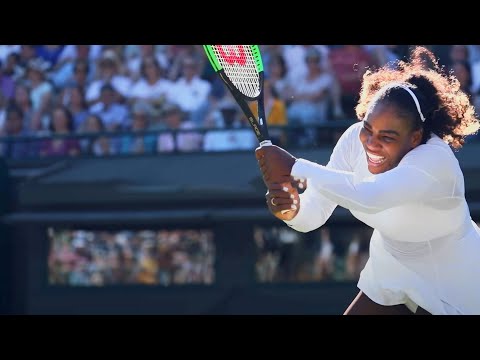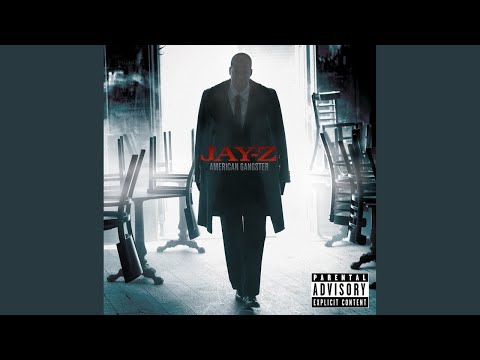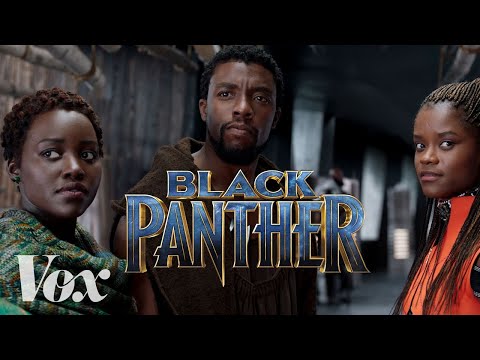In the world of sports, rivalry and competition are not uncommon. Athletes go head-to-head, striving to be the best in their respective disciplines. While healthy competition can push individuals to bring out their best, sometimes things escalate and take an ugly turn. Such is the case with Claressa Shields and Hannah Rankin.
Claressa Shields, a renowned American professional boxer, ignited a storm on social media recently when she made a controversial statement about her opponent Hannah Rankin. In what was intended to be a fiery response in what can only be described as pre-fight trash talk, Shields proclaimed that Rankin wished she was black and hoped for the same level of success that Shields has attained.
The comment has since circulated on various platforms, sparking outrage and debate among boxing fans and critics alike. Accused of racial insensitivity and arrogance, Shields found herself facing backlash for her remarks. Many condemned her for playing the race card as a means to belittle her opponent’s achievements or fuel personal vendettas.
However, it is important to scrutinize these words carefully before passing judgment. Trash-talking has long been an ingrained aspect of sports culture, where athletes try to get under their opponent’s skin using verbal tactics. In such instances, it’s vital not to take comments at face value but instead understand them within the context of competitive bravado.
Claressa Shields is an exceptional talent who should be applauded for her achievements within the sport—having earned multiple world titles across different weight divisions in both amateur and professional boxing. However, it is equally crucial not to downplay or disregard Hannah Rankin’s accomplishments.
Rankin is an accomplished boxer in her own right—a WBO world champion with an impressive record in the ring. To suggest that she wishes she were black or that she covets Shields’ level of success diminishes her hard work, dedication, and achievements. By discrediting an opponent based on their race or desire for success, Shields inadvertently undermines the integrity of the sport itself.
Sports should be about celebrating talent, hard work, and pushing oneself to new limits. Divisive comments that undermine these principles not only damage an athlete’s reputation but also hinder genuine appreciation for their craft. The focus should shift from petty rivalries to promoting respect and mutual admiration.
It is crucial for athletes to recognize the impact of their words and actions on their fans and the wider sporting community. Champions like Claressa Shields have a platform through which they can inspire others, motivate aspiring athletes, and foster unity within the industry. Such high-profile figures must lead by example, showing grace in both victory and defeat.
As for the upcoming fight between Shields and Rankin, it should serve as a reminder that sports are not solely about winning but also about camaraderie, sportsmanship, and personal growth. Regardless of who emerges as victorious in the ring on fight night, both fighters can leave a lasting impression by displaying professionalism and respect for one another.
In conclusion, while Claressa Shields’ comments about Hannah Rankin may have caused controversy in boxing circles, it is essential not to lose sight of what truly matters—sportsmanship. Rather than focusing solely on petty rivalries or engaging in inflammatory remarks, athletes should inspire others through hard work and respect for their opponents. Sports can act as a unifying force that transcends boundaries and brings individuals together; let us not forget its transformative power by engaging in divisive discourse that only hampers unity within the sporting world.





